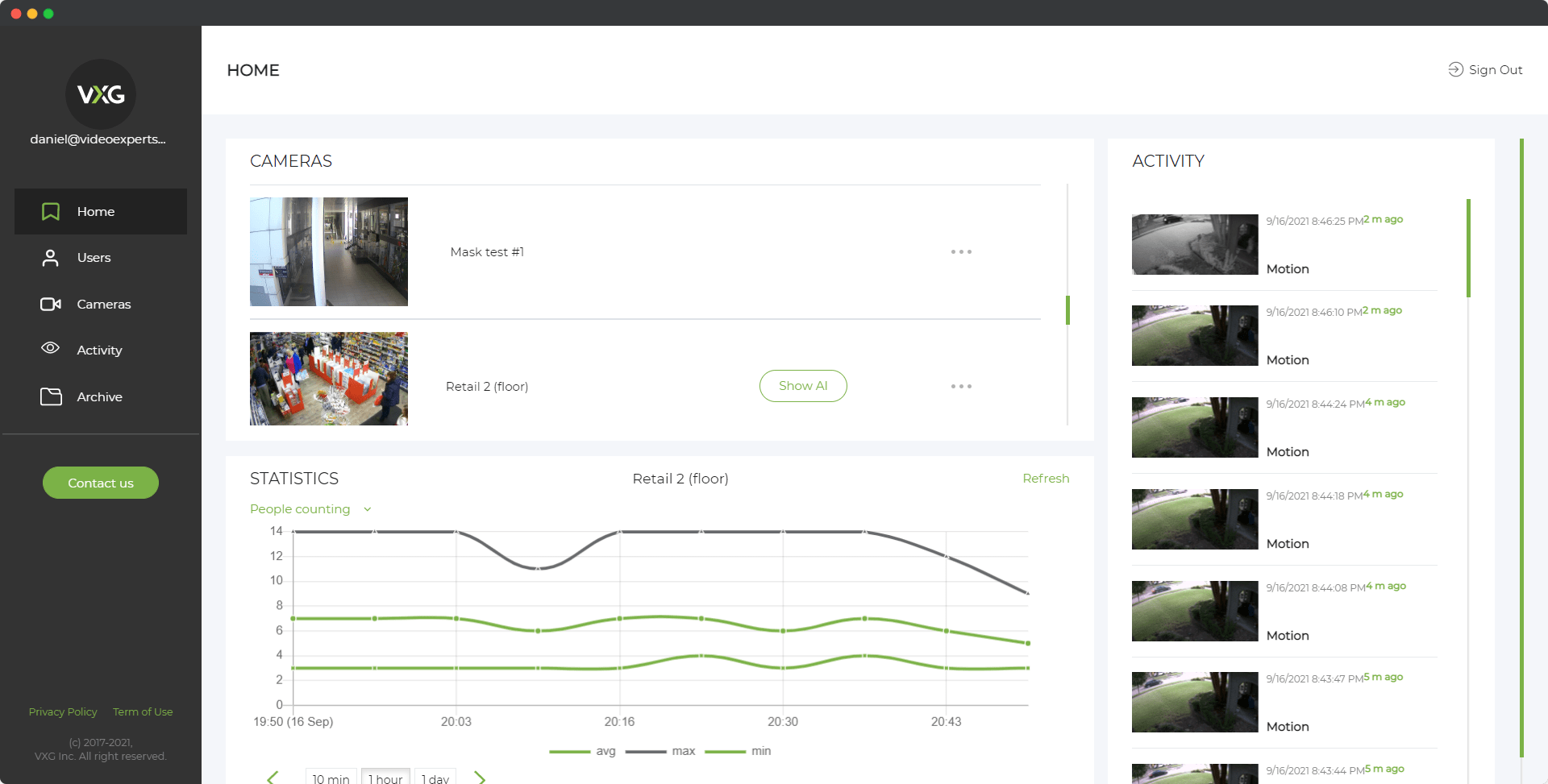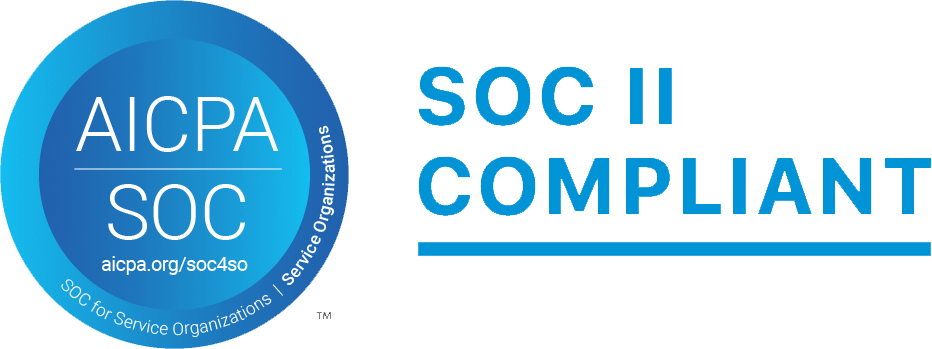Closed-circuit television (CCTV) systems are common in modern workplaces across Europe, used for purposes such as security, health and safety, and even productivity monitoring. However, their use must comply with the General Data Protection Regulation (GDPR), which governs how personal data is processed and protected.
Under GDPR, video recordings that identify individuals are considered personal data, meaning employers have legal obligations when operating CCTV systems. This guide explains those obligations and how different European countries apply the rules.
What GDPR Says About Workplace CCTV
GDPR applies to any organization that collects, stores, or processes personal data within the EU and EEA. CCTV systems in the workplace often capture faces, license plates, employee behavior, and other identifiable data, triggering GDPR requirements.
Key principles include:
-
Lawful basis: Employers must have a legitimate reason for using CCTV (e.g., theft prevention, access control).
-
Transparency: Workers must be informed that they are being recorded through clear signage and/or written policies.
-
Data minimization: Only necessary areas should be monitored; break rooms and restrooms are off-limits.
-
Retention policy: Recorded footage should only be kept for as long as needed for its purpose.
-
Security: Footage must be stored securely, with access restricted to authorized personnel.
CCTV and Data Protection in Major European Countries
United Kingdom
Though no longer an EU member, the UK follows similar rules under the UK GDPR and Data Protection Act 2018. The Information Commissioner’s Office (ICO) provides guidance.
-
Employer Obligations: Must complete a Data Protection Impact Assessment (DPIA) before deploying CCTV in a way that may affect employee privacy.
-
Signage: Must clearly state the purpose and data controller.
-
Employee Rights: Workers can request access to footage showing them, and employers must respond within one month.
Germany
Germany has strict data protection laws, and the Federal Data Protection Act (BDSG) supplements GDPR rules.
-
Work Council Approval: Surveillance typically requires prior consultation with the employee works council (Betriebsrat).
-
Limited Use: Permanent or covert surveillance is rarely permitted. Use must be justified and proportional.
-
Transparency: Employers must document the need for CCTV and notify employees.
France
CCTV use in the workplace is regulated by the CNIL (Commission Nationale de l’Informatique et des Libertés), the national data protection authority.
-
Registration: Employers do not need to register CCTV systems, but must keep internal records and notify employees.
-
Restricted Areas: Surveillance of employee rest areas, dining halls, or unions' offices is prohibited.
-
Retention Period: Usually 30 days, unless required for an investigation.
Italy
Under the Italian Data Protection Code, workplace surveillance is overseen by the Garante per la Protezione dei Dati Personali.
-
Union Consent: Employers must either get agreement from trade unions or approval from the labor inspectorate to install cameras.
-
Limited Monitoring: Cameras must not be used to monitor work performance unless previously agreed upon.
-
Employee Access: Workers can view footage upon request, and employers must comply promptly.
Spain
The Agencia Española de Protección de Datos (AEPD) is the authority responsible for enforcing data protection laws in Spain.
-
Notice Requirements: Employees must be informed in writing of the use of CCTV and its purpose.
-
Covert Surveillance: Allowed only in exceptional cases such as suspected theft, and must still be proportional.
-
Retention Guidelines: Typically 30 days unless needed for legal purposes.
Ireland
The Data Protection Commission (DPC) oversees data privacy matters in Ireland. The use of CCTV in workplaces must align with GDPR and the Irish Data Protection Act 2018.
-
Fair Processing Notice: Employers must display visible notices informing individuals about CCTV use and the purpose of recording.
-
Proportional Use: The deployment of CCTV must be proportionate to the security or operational need, avoiding excessive monitoring.
-
Access Rights: Employees and visitors have the right to access images of themselves captured by the system, and requests must be fulfilled promptly.
Netherlands
The Dutch Autoriteit Persoonsgegevens enforces GDPR regulations in the Netherlands.
-
Transparency: Employers must inform employees clearly and in advance about camera use.
-
Justification: Employers need to prove that no less intrusive method exists to meet the same goal.
-
Limited Access: Only authorized individuals may view recorded footage, and access must be logged.
How to Ensure Compliance in the Workplace
-
Conduct a Data Protection Impact Assessment (DPIA): Especially if the CCTV may pose a high risk to individual rights.
-
Create a CCTV Policy: Outline the purpose, scope, storage, and access controls of your system.
-
Inform Employees: Use signs, emails, and onboarding materials to make workers aware of surveillance.
-
Secure Storage: Encrypt footage, restrict access, and maintain logs of who accesses the data.
-
Train Staff: Make sure those handling footage understand data protection responsibilities.
Penalties for Non-Compliance
Fines under GDPR can be significant: up to €20 million or 4% of annual global turnover, whichever is higher. In addition, failure to comply with CCTV rules can result in reputational damage, employee grievances, or legal action.
FAQs
















